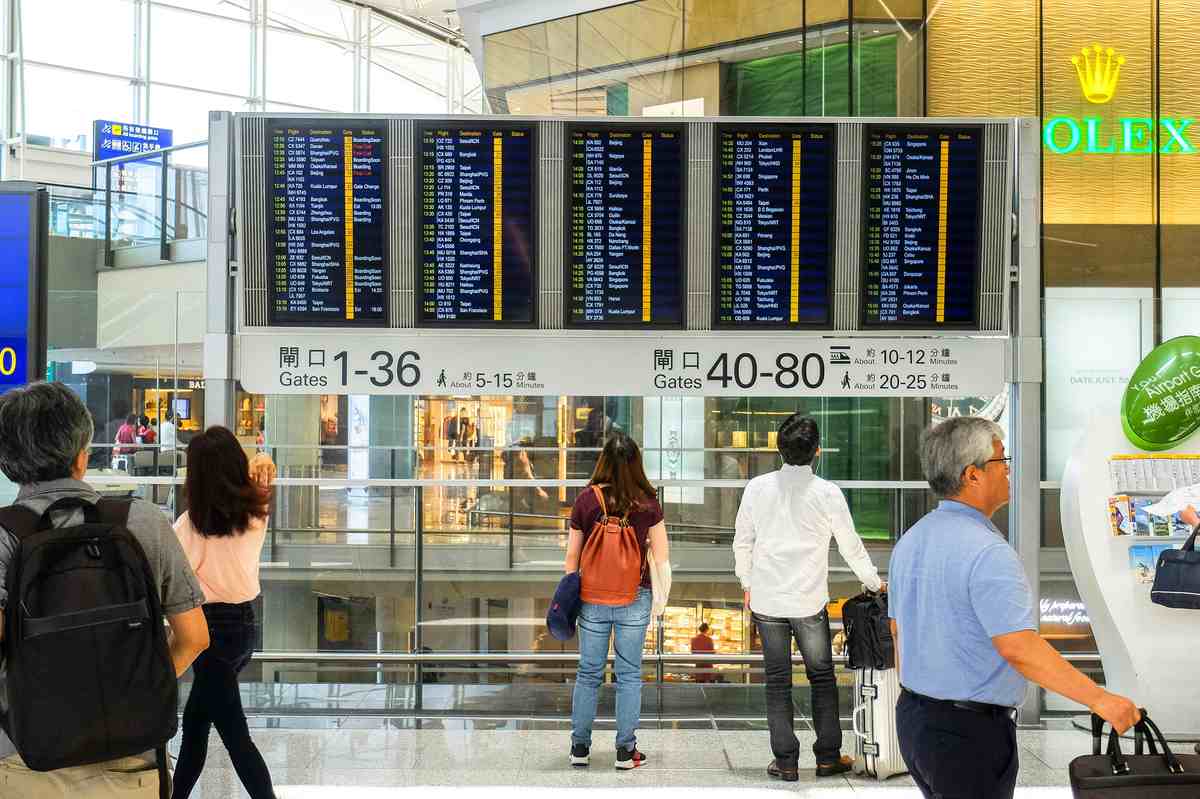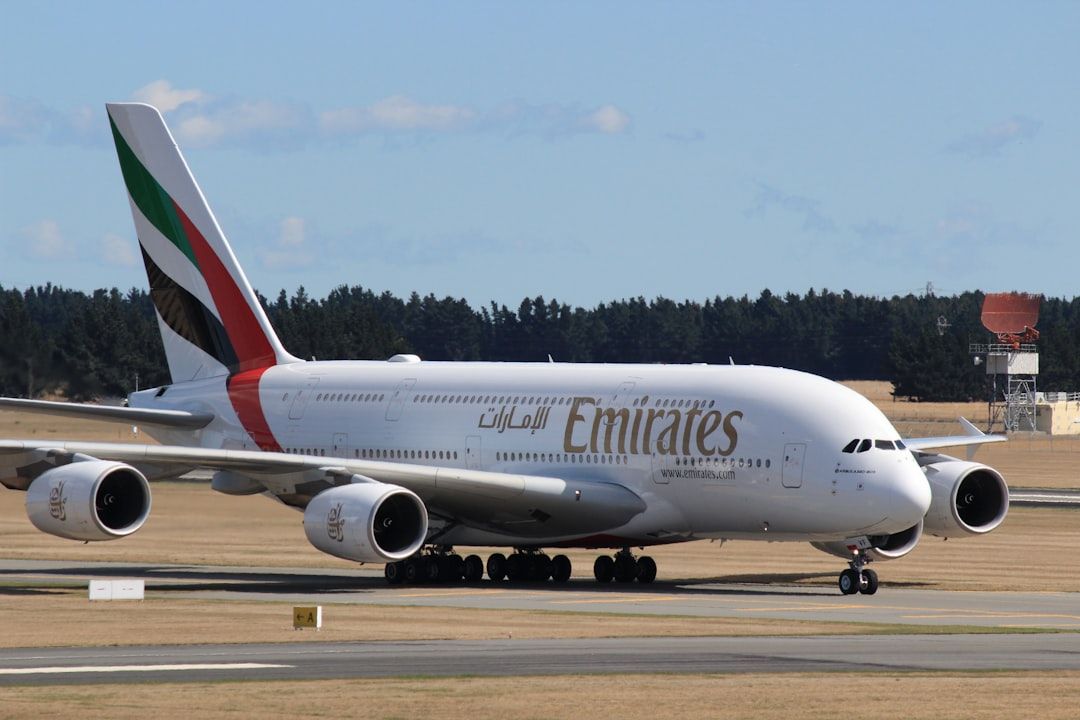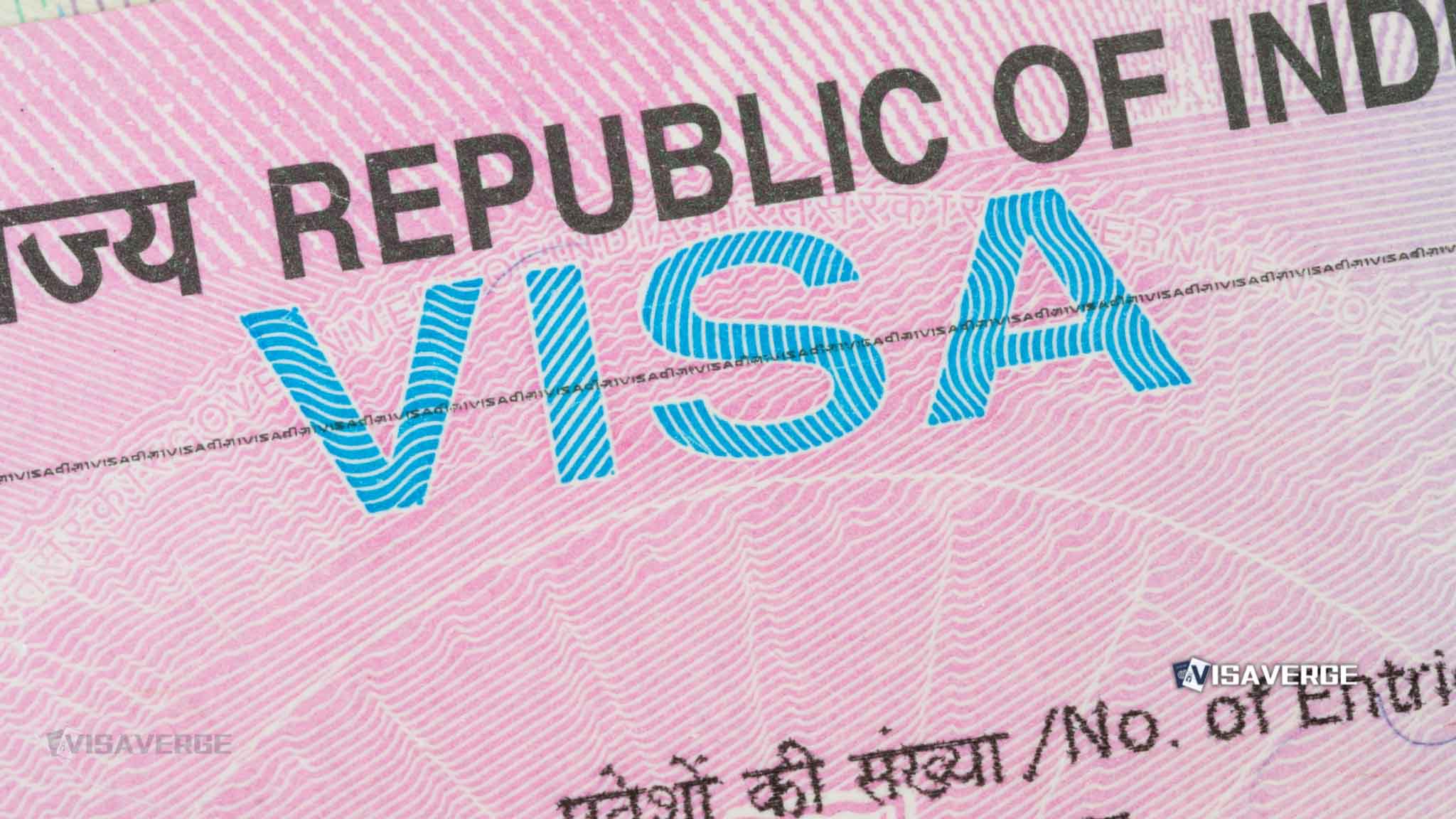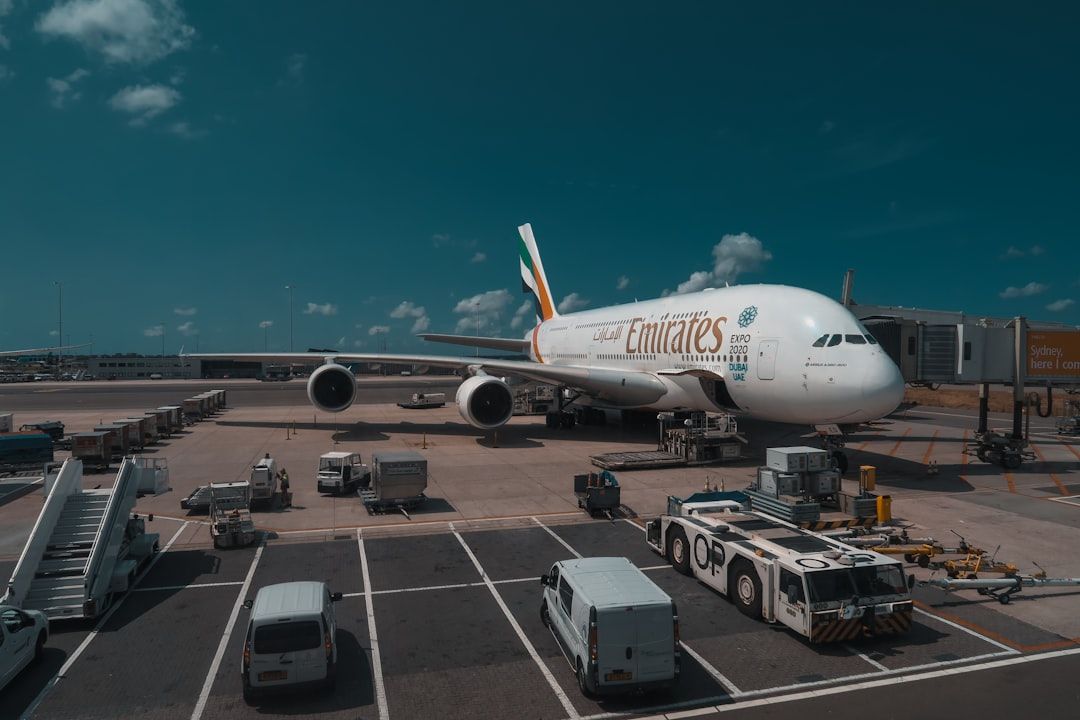Key Takeaways
• Air India flight AI171 crashed June 12, 2025, killing 241 on board and 30 on ground.
• Preliminary report found no mechanical faults, pilot impairment, sabotage, or bird strike evidence.
• Investigation ongoing; cause undetermined; final report expected late 2025.
On June 12, 2025, Air India flight AI171 crashed, killing 241 people on board and 30 on the ground. As of July 14, 2025, officials have not confirmed whether pilot error or a technical fault caused the disaster. The investigation continues, with families, aviation professionals, and the public waiting for clear answers.
Immediate Facts and Current Status
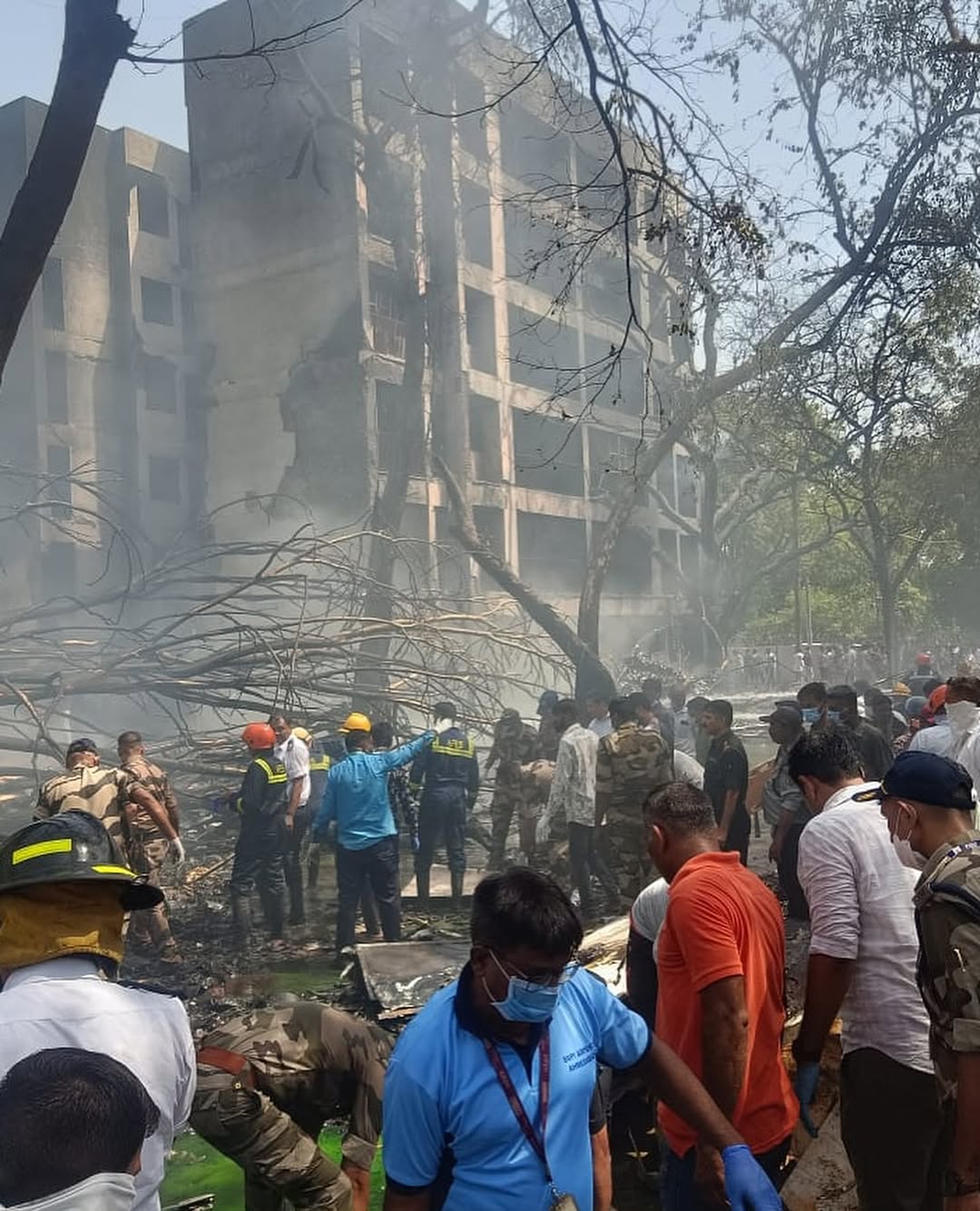
The Indian Aircraft Accident Investigation Bureau (AAIB) released its preliminary crash report in early July 2025. This report is the first official summary of what investigators know so far. According to the AAIB, the aircraft and its engines showed no mechanical or maintenance issues. All required maintenance had been done, and the fuel quality was normal. The pilots passed their pre-flight breathalyser tests, and there were no medical problems reported for any crew member.
The report also confirmed that the fuel switches were cut off during the incident, and there was an attempt to relight the engines. However, the report does not say who made these decisions or why. There was no evidence of sabotage or a bird strike. The preliminary report does not point to a cause or make any recommendations. It simply lists the facts known at this stage.
Stakeholder Responses and Official Statements
Air India CEO Campbell Wilson has asked the public and media not to speculate about the cause. He stressed that the investigation is ongoing and that the preliminary report does not support theories of pilot error or technical fault. Union Aviation Minister Ram Mohan Naidu also urged everyone to wait for the final report before making any judgments.
The UK Air Accidents Investigation Branch (AAIB) is involved as an expert because the aircraft was registered in the United Kingdom 🇬🇧 and some victims were British nationals. The UK AAIB is reviewing the Indian report and is in regular contact with Indian authorities. However, the Indian AAIB is leading the investigation and controls the release of new information.
Impact on Air India and Aviation Safety
After the crash, Air India inspected every Boeing 787 in its fleet. All planes were found fit for service. The preliminary findings have not led to any new rules or changes for Air India or Boeing 787 aircraft. There have been no operational suspensions or immediate regulatory changes. The final report from the Indian AAIB is still pending, and as of now, no new safety recommendations have been issued.
Expert Opinions and Ongoing Debate
Aviation experts and pilot groups have pointed out that the preliminary report is inconclusive. It does not explain who made the key decisions in the cockpit or why the fuel switches were turned off. The Pilots’ Federation has asked everyone to avoid blaming anyone until the full investigation is finished.
Media coverage has focused on two main theories: pilot error and technical fault. Some reports have suggested that the pilots may have made a mistake, while others have raised the possibility of a hidden mechanical problem. However, the facts in the preliminary report do not support either theory at this time.
Background and Historical Context
The crash of Air India flight AI171 is one of the worst disasters in Indian aviation history. It has drawn international attention and led to a high-level investigation involving both Indian and UK authorities. The investigation follows strict international protocols. The Indian AAIB is in charge, with the UK AAIB providing expert support because of the aircraft’s registration and the presence of British nationals among the victims.
In the past, major air crashes have often led to quick speculation about causes. Sometimes, early reports have blamed pilots or suggested technical faults before all the facts were known. This case is different because the preliminary report is careful not to point fingers or suggest a cause without clear evidence.
What the Preliminary Report Says
The preliminary report is a summary of what investigators have found so far. Here are the main points:
- No mechanical or maintenance fault found: The aircraft and engines were in good condition.
- No evidence of pilot impairment or error: The pilots were healthy and passed all pre-flight checks.
- No sabotage or bird strike: There was nothing unusual found in or around the aircraft.
- Fuel switches were cut off; engines were attempted to be relit: This is a key fact, but the reason for these actions is not yet known.
- Final cause undetermined; investigation ongoing: The report does not say what caused the crash.
How the Crash Affects Families and Communities
The crash has had a deep impact on the families of the victims, both in India 🇮🇳 and abroad. Many families are still waiting for answers about what happened to their loved ones. The uncertainty has made the grieving process even harder. Some families have called for more transparency and faster updates from the authorities.
Communities in the area where the plane crashed are also affected. Thirty people on the ground lost their lives, and many others lost homes or businesses. Local officials have provided support, but the emotional and economic effects will last for years.
Policy and Practical Implications
So far, the crash has not led to new rules or changes in how Air India or other airlines operate. All Boeing 787s in Air India’s fleet were checked and cleared for service after the crash. The Indian AAIB has not issued any new safety recommendations. This is because the preliminary report did not find any clear problem with the aircraft or its operation.
Aviation authorities around the world are watching the investigation closely. If the final report finds a technical fault, it could lead to changes in how Boeing 787s are maintained or operated. If pilot error is found, there could be new training or procedures for pilots. For now, everyone is waiting for the final report.
International Cooperation and Investigation Process
The investigation is a joint effort between Indian and UK authorities. The Indian AAIB is leading, with the UK AAIB providing expert advice. This cooperation is important because the aircraft was registered in the United Kingdom 🇬🇧 and some victims were British nationals.
The investigation follows international rules set by the International Civil Aviation Organization (ICAO). These rules require a careful, step-by-step process to find out what happened. The goal is to improve safety and prevent future accidents, not to assign blame.
Why the Cause Remains Unclear
Many people want quick answers after a tragedy like this. However, air crash investigations are complex and can take months or even years. Investigators must look at every possible cause, from weather and mechanical issues to human actions and outside factors.
In this case, the preliminary report rules out some common causes, such as mechanical failure, pilot impairment, sabotage, or bird strike. However, it does not explain why the fuel switches were cut off or why the engines were shut down and then restarted. These are key questions that must be answered before a final cause can be named.
What Happens Next
The Indian AAIB will continue its investigation and is expected to release a final report later in 2025. This report may provide a clear cause and offer recommendations to improve safety. Until then, both pilot error and technical fault remain unproven theories.
All stakeholders, including families, airlines, and regulators, are urged to rely on official updates from the Indian AAIB and the UK AAIB. Speculation can cause confusion and distress, especially for those directly affected by the crash.
How to Stay Informed
For the latest official updates, readers can visit the Air Accident Investigation Bureau of India website. The UK AAIB also provides information for British families and stakeholders.
Analysis from VisaVerge.com suggests that the careful, fact-based approach taken by investigators is important for building trust and ensuring that any recommendations are based on solid evidence. This helps prevent future accidents and supports the families of victims by providing clear, honest answers.
Lessons from Past Air Crashes
History shows that rushing to blame pilots or point to technical faults before all the facts are known can lead to mistakes. In some past cases, early reports have been proven wrong by later, more detailed investigations. This is why aviation authorities stress the need for patience and careful analysis.
The current investigation into the Air India crash follows these best practices. By waiting for the final report, authorities hope to avoid the mistakes of the past and provide answers that are based on facts, not guesses.
What Families and the Public Can Do
While waiting for the final report, families and the public can:
- Stay informed through official channels, such as the Indian AAIB and UK AAIB websites.
- Avoid spreading rumors or unconfirmed reports about the cause of the crash.
- Support each other and seek help if needed, especially for those directly affected by the tragedy.
- Participate in public discussions about aviation safety, but base opinions on facts, not speculation.
Possible Solutions and Future Steps
Once the final report is released, it may include recommendations to improve safety. These could involve changes to aircraft design, maintenance procedures, pilot training, or emergency response plans. Airlines and regulators will review these recommendations and decide how to put them into practice.
If the report finds a technical fault, Boeing and other manufacturers may need to make changes to their aircraft. If pilot error is found, airlines may update their training programs or cockpit procedures. In either case, the goal is to prevent similar accidents in the future.
Key Takeaways
- The cause of the Air India crash is still unknown. Neither pilot error nor technical fault has been confirmed.
- The preliminary report found no mechanical problems, no pilot impairment, and no evidence of sabotage or bird strike.
- The investigation is ongoing, with Indian and UK authorities working together.
- Families and the public are urged to wait for the final report and rely on official updates.
- The final report, expected later in 2025, may provide answers and recommendations to improve safety.
Conclusion
The Air India crash of June 12, 2025, is a tragedy that has touched many lives. As the investigation continues, patience and a focus on facts are essential. By waiting for the final report and supporting each other, families, communities, and the aviation industry can honor the victims and work to prevent future accidents. For now, the question of whether pilot error or a technical fault caused the crash remains unanswered, and all eyes are on the investigators for the truth.
Learn Today
Preliminary report → An initial investigation summary listing known facts without conclusions or recommendations.
Fuel switches → Controls that manage fuel supply to aircraft engines; their deactivation caused engine shutdown.
AAIB → Aircraft Accident Investigation Bureau, India’s agency responsible for investigating air accidents.
Sabotage → Deliberate damage or interference with aircraft systems to cause harm or accidents.
International Civil Aviation Organization → United Nations agency setting global aviation safety investigation standards.
This Article in a Nutshell
The June 2025 Air India crash tragically killed 271 people. The preliminary report found no mechanical or pilot fault. Investigation continues with cooperation between India and UK authorities. Families await answers as experts emphasize caution and rejection of speculation until the final report clarifies the cause of the crash.
— By VisaVerge.com


